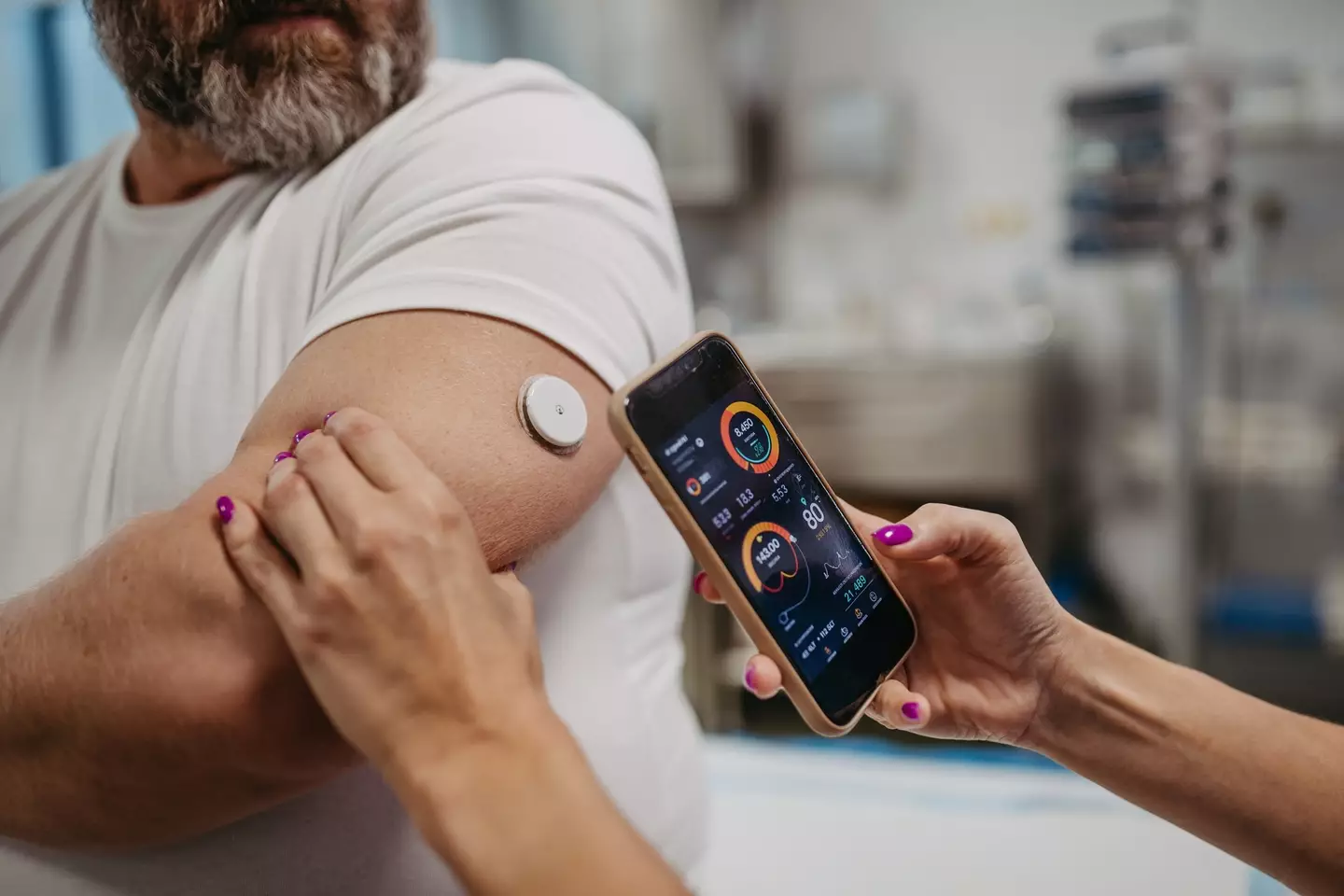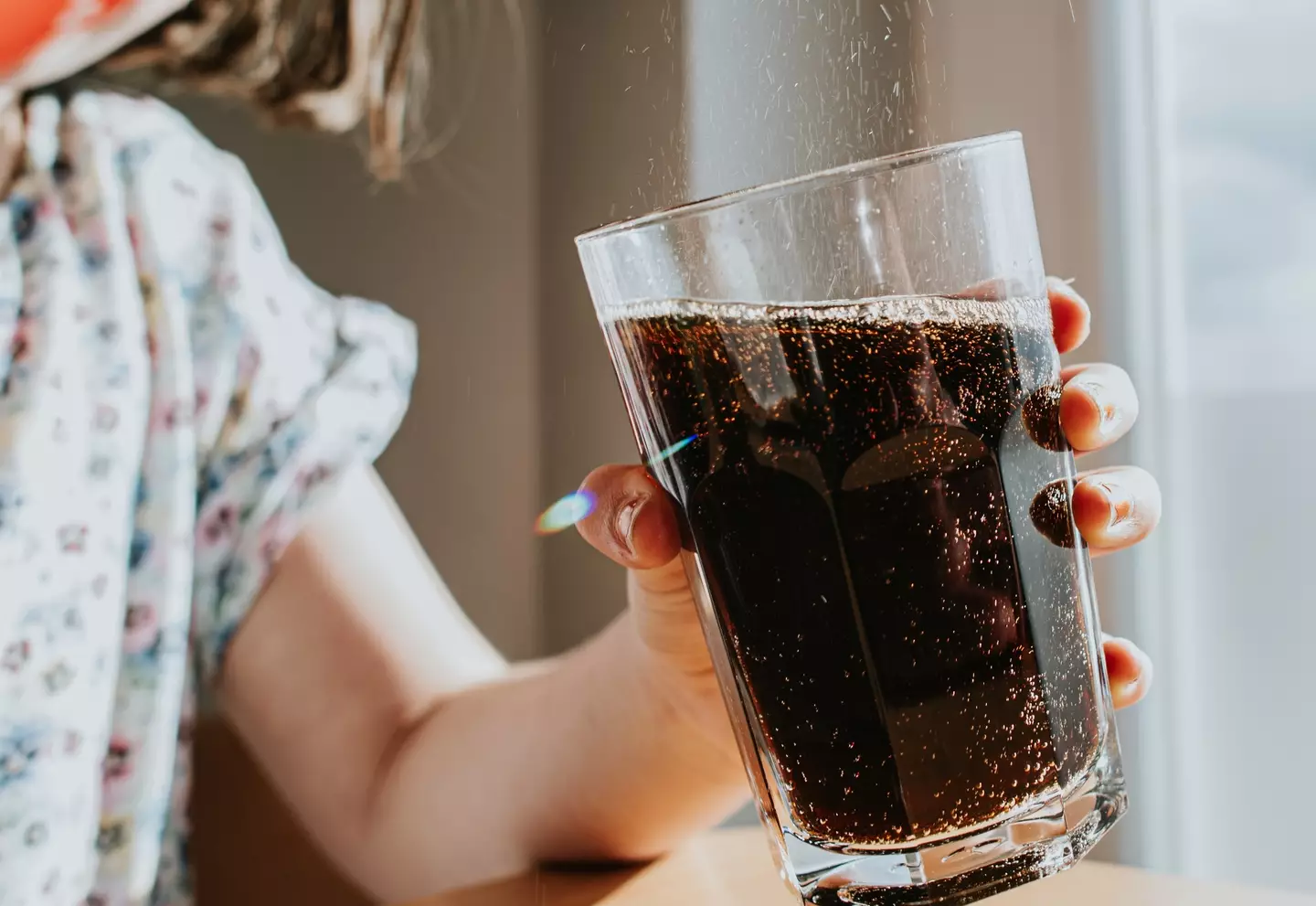Recent research has highlighted the impact that consuming just one artificially sweetened soft drink each day can have on your health, potentially raising the risk of developing type 2 diabetes by an alarming 38 percent.
The Centers for Disease Control and Prevention (CDC) reports that, among the 38 million Americans diagnosed with diabetes, 90 to 95 percent are affected by type 2.
Those over the age of 45 are generally more susceptible to type 2 diabetes, but the CDC has noted an increasing number of younger individuals being diagnosed compared to past years.
Unlike type 1 diabetes, which is typically diagnosed in childhood and has unknown causes, type 2 diabetes is largely preventable.
The Mayo Clinic indicates that symptoms of type 2 diabetes often develop gradually.

Common signs include increased thirst, frequent urination, heightened hunger, unintended weight loss, fatigue, blurred vision, slow-healing sores, frequent infections, numbness or tingling in the extremities, and patches of darkened skin, particularly in the armpits or neck.
Individuals who may be at an increased risk for type 2 diabetes include those over 45, individuals who are overweight, those with a family history of the condition, and those who engage in physical activity less than three times per week.

While factors such as weight, fitness, and age contribute to the development of type 2 diabetes, diet and beverage choices are also significant.
Refined carbohydrates like white bread and sugary cereals, as well as red and processed meats, have been linked to the condition.
Particularly, a study conducted by Australian researchers identified artificially sweetened soft drinks as a major contributor.

The study found that consuming a single can of diet soda daily over several years could raise the risk of type 2 diabetes by 38 percent.
Surprisingly, this risk surpasses that associated with sugar-sweetened drinks, where the risk was noted to be 23 percent higher.
Monash University, in partnership with RMIT University and the Cancer Council Victoria, conducted the study which involved over 36,000 Australian adults over the course of nearly 14 years.
Challenging the belief that artificially sweetened drinks are ‘healthier’, Professor Barbora de Courten, the study’s senior author, stated: “Artificial sweeteners are often recommended to people at risk of diabetes as a healthier alternative, but our results suggest they may pose their own health risks.”
The researchers noted that the link between artificially sweetened beverages and type 2 diabetes persisted even when considering body weight, hinting at the possibility that these drinks might directly influence metabolism rather than being solely associated with obesity.

